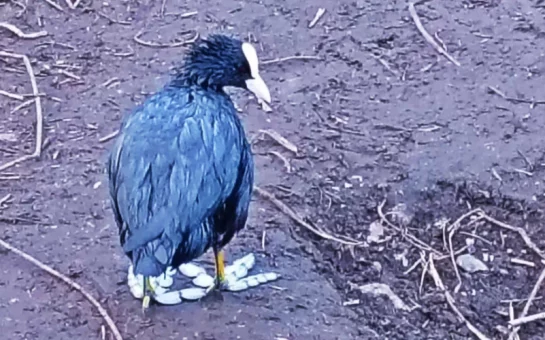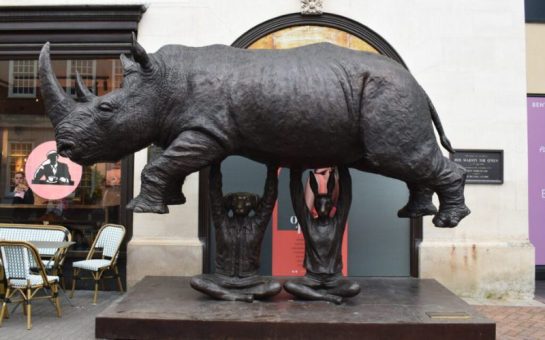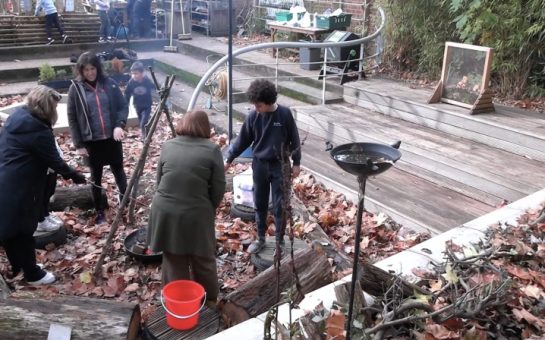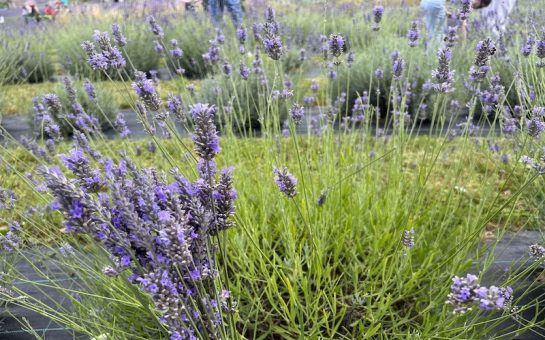The first European cheetahs ever to be re-wilded are hunting independently as conservationists introduced them into a South African game reserve.
Kent-born cheetah brothers Saba and Nairo caught their own food within days of moving into their new home at Mount Camdeboo Private Game Reserve, in the Great Karoo in South Africa, and have hunted independently for two weeks in a row.
Dereck Milburn, Aspinal Foundation Regional Director for Southern Africa, was with the cheetahs when they were first released from their boxes.
He said: “It was a huge moment in my career to watch them walking and exploring the smells in their new home.
“It’s an incredible feeling. I’ve been privileged to be part of a number of conservation projects in South Africa with the Aspinal Foundation, but these two cheetahs specifically have bought me a huge amount of satisfaction, and a feeling of being part of something really big.”
Currently the brothers are in a 741 acre hunting area, and when they have hunted independently for four to five weeks in a row they will be released into the 19,768 acre reserve to be truly wild.
This will increase to 35,000 acres when the team are confident they can survive alongside lions and other predators.
The brothers are monitored closely, by experts, and if they are unable to hunt successfully for a few days they are fed by keepers.
They had split up within 24 hours of exploring their new environment, and Saba then killed a blesbok and Nairo a springbok before they reunited.
Mr Milburn said the keepers only needed to feed Saba and Nairo a few times, and explained the brothers’ current ambush hunting style will change to chasing as it develops.
For medical reasons Saba was hand-raised by Victoria and Damian Aspinal, and Mr Milburn explained he’s impressed the cheetah already resists human contact.
“The boys are doing very very well, and we’re all very proud of what they and Damian and Victoria have achieved,” he added.
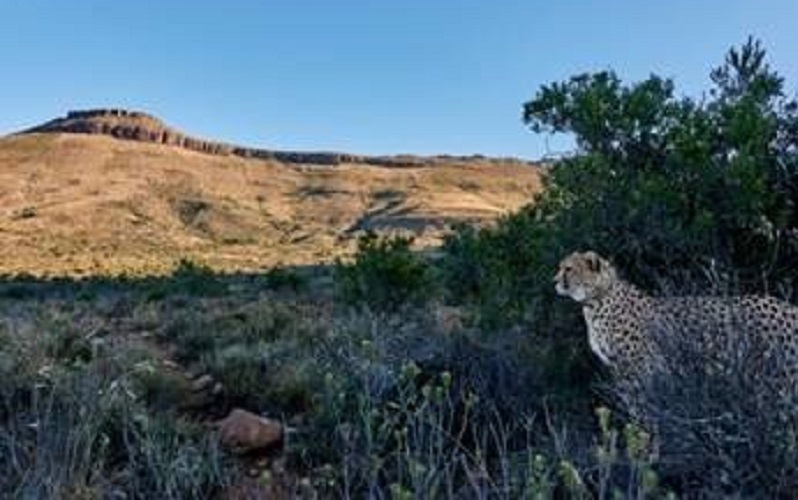
The brothers were born and raised in Howletts Wild Animal Park, and moved to acclimatise in Ashia Cheetah Conservation, near Cape Town, in February when they turned three, before moving to Mount Camdeboo in July.
Adrian Harland, Animal Director at Howletts Wild Animal Park played a major role in raising the cubs.
He said: “It’s almost unbelievable! It’s amazing to feel we have been a part of raising them up to fulfil their potential and given them a chance to be real cheetahs in their natural habitat.
“It was worrying too while we waited to see if their instincts would get sharp enough for them to survive there.”
He added: “Two bonded cheetah males stand a better chance than solitary males.
“It was so lovely to see the two brothers grooming each other just days after being reunited following Saba being hand raised, and watching that bond develop into sharing meals.
“When he was little Saba used to chirp like a little bird if he was upset or frightened, and all my clothes had holes in from playing with him.
“We set up a lure track to exercise the cheetahs around their enclosure. Saba soon worked out that it went around in a circle and he could sit and wait for it to pass him. Nairo chased it every time.”
Damian Aspinal, chairman of the Aspinal Foundation said: “Saba and Nairo are acting like wild cheetahs with real confidence and are both doing exceptionally well in their new hunting area.
“This is ground breaking and we are very proud of what the team and our partners at Mount Camdeboo Private Game Reserve, have achieved.”
Howletts Wild Animal Park and Port Lympne Hotel and Reserve are both run by the Aspinal Foundation as breeding sanctuaries for some of the most endangered animals in the world.
This includes clouded leopards, black rhinos, African elephants, Javan gibbons, Javan Langurs, and gorillas.
Animals raised in the parks are released back into the wild where possible, as part of the Aspinal Foundation’s Back To The Wild Programme.
Rewilding these cheetahs is part of that programme, and comes as the Cheetah Conservation Fund website reports cheetahs now occupy about 9% of their historic range.
The Aspinal Foundation also manages conservation projects in Congo, Gabon, Indonesia and Madagascar.
Cheetahs are native to Africa and central Iran, and the National Geographic reports there are only around 7,100 left in the wild.
They are classified as vulnerable and the population is decreasing.
As the fastest land animal in the world, Zoological Society of London Whipsnade Zoo’s website reports they can reach speeds of up to 70mph.
The Great Karoo is a semi-desert region of South Africa, known for low rainfall, cloudless skies and extreme temperatures.
For more information on the Aspinal Foundation visit www.aspinallfoundation.org
Credit: The Aspinal Foundation
